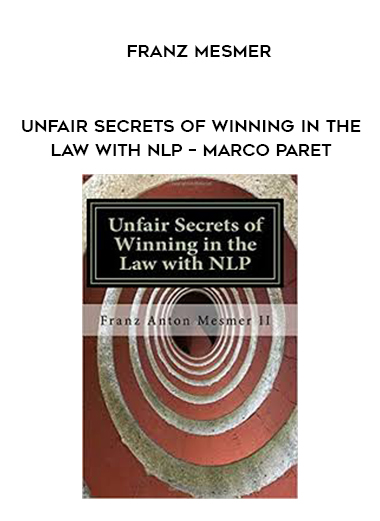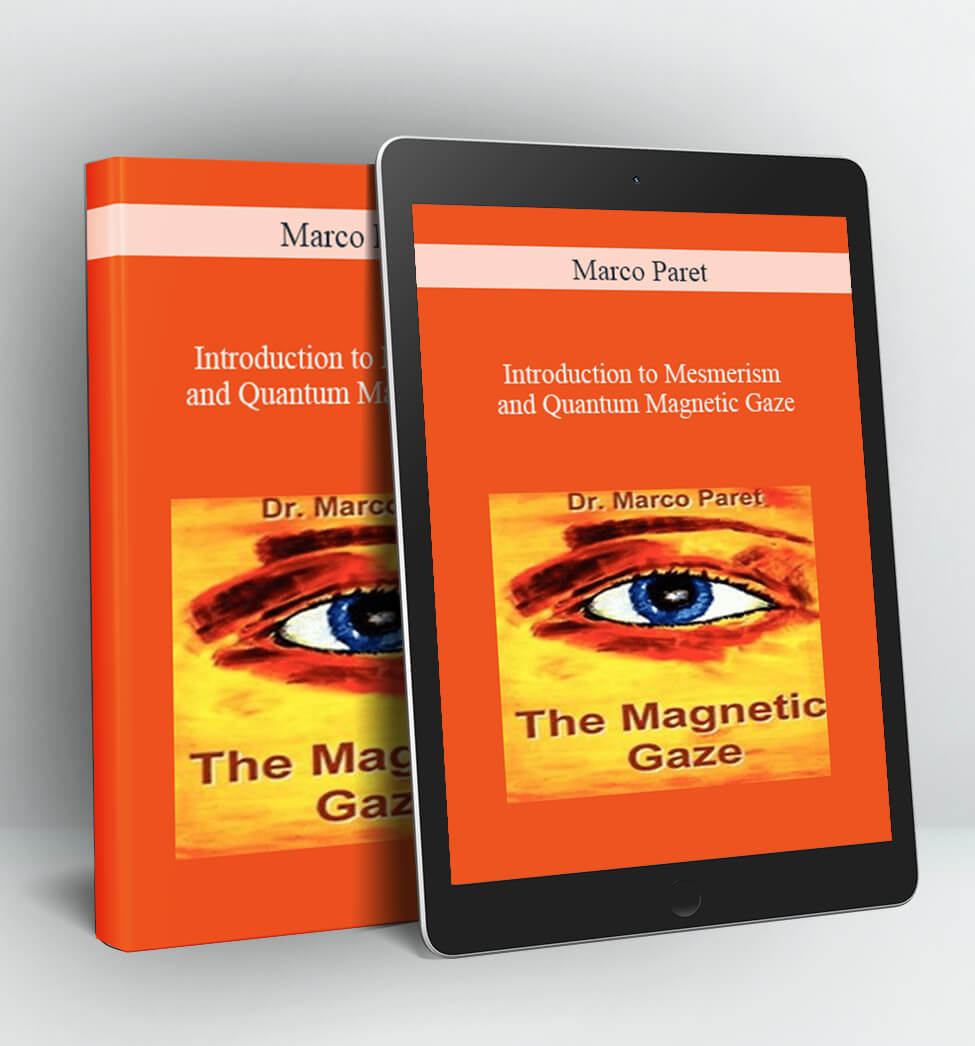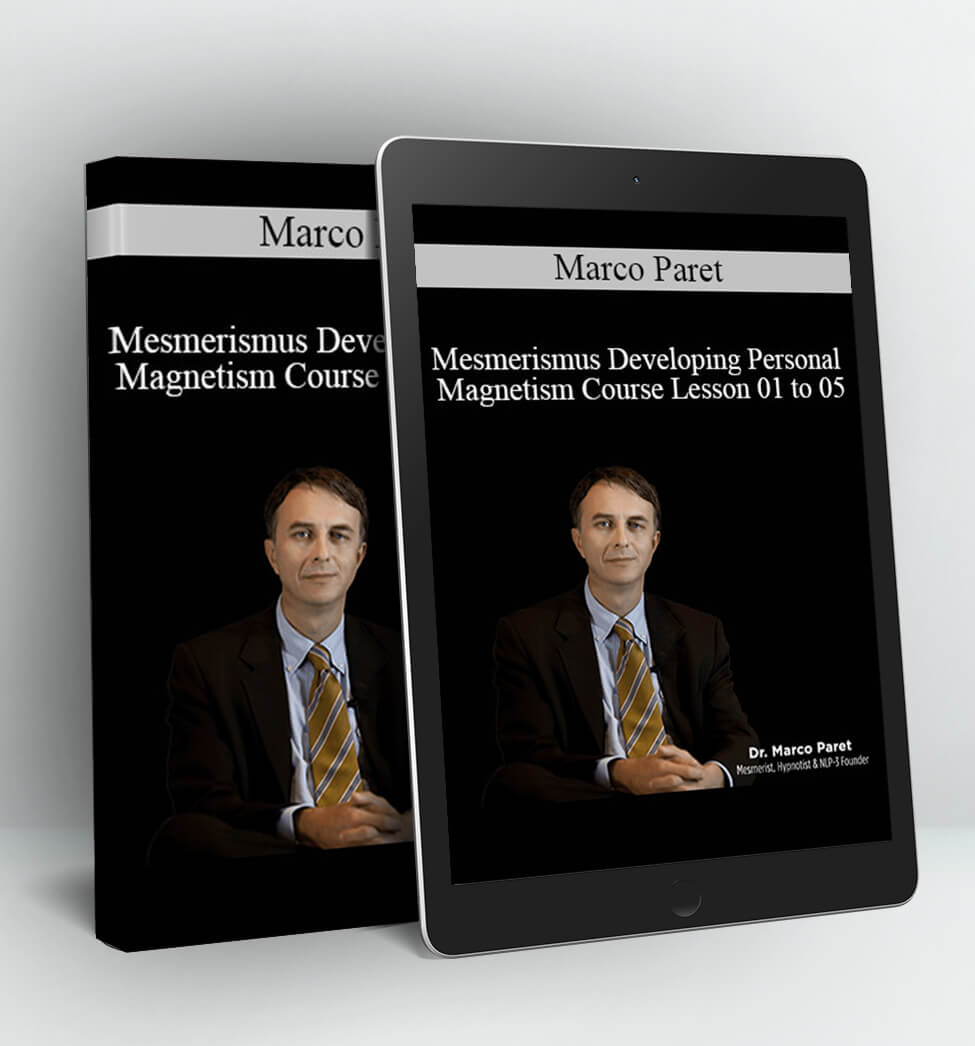What would it be like if you could walk into a courtroom and hypnotize jurors? Suppose that you could give hypnotic suggestions to the judge, on the record and in front of a whole courtroom of people, without anyone knowing? What could you accomplish if you could hypnotize the opposing party during cross-examination so that he would have to spill his guts and compulsively tell the jury the secret, damaging admissions that he has been trying to hide? What kind of settlements could you get if you could give hypnotic suggestions to insurance adjusters?
If you have to negotiate a contract, how powerful would you be if you could hypnotize the representatives of the other side into giving you concessions? NLP is a method of giving people hypnotic suggestions in the course of ordinary conversation. You never know you’ve been hypnotized. This is a book you need in order to use NLP to get settlements and verdicts that were otherwise impossible. Excerpt from the chapter “Rapport”: People are like radios. A radio operates by vibrating at the same frequency as a radio station. If you are happy, people around you tend to be happy.
That is why a yawn is infectious. That is why laughter is contagious. That is why an angry man causes others to become angry. A whining person upsets other people. Erickson sometimes used to hypnotize people by getting rapport and then going into trance himself; they would follow.
A very great deal of NLP is devoted to ways to get rapport: moving in rhythm with someone, moving yourself when they move themselves (not, mind you, doing a complete I Love Lucy mirror trick where every movement is parroted), because that is disturbing, but simply subliminally matching someone’s rhythms, and movements, but not at the same time: 15 or 20 seconds after they move, you move, very subtly. You should also speak to them in the terms they use, and on the things they think are important. Many negotiators—poor negotiators—think it is unnecessary to ask an opponent what they really want, and why. If you ask someone what is important, she will give you the keys to her decisions. You ask what is important, and for each of the things she says is important, you agree with her that it is important, and then you ask, just so you understand exactly how she feels, to soften it a bit so you aren’t giving her the Third Degree, what she feels is the most important thing about that. You don’t give her an FBI grilling, you gently say you want to understand her, so please help you to understand how she feels. You will have her criteria for what she wants, and you can fit your actions and presentation to those criteria.
The books and tapes by Leil Lowndes and Ross Jeffries are especially good at ways to get rapport. If you get rapport, you have most of the battle won: then you lead the other person to the decision you want. Excerpt from the chapter “An Example of Neurolinguistic Programming”: “Easily, smoothly, and efficiently” is the next phrase, and it builds on the trance the previous phrase induced. These are “presuppositions.” These are words or phrases which to be understood, have to be assumed to be true. So, if I just shout at you, like an army drill instructor, that you can solve your problems with Franz Mesmer, your consciousness might question that. Your consciousness may resist an authoritarian, drill instructor approach. The whole idea of this is to run around conscious resistance.
But if I say you can easily solve them, the fact that you can solve them is presupposed. These are also trance phrases, or trance words, which cause you to have to go into a trance to understand them. You have to look inward to understand them, and that’s a trance.





